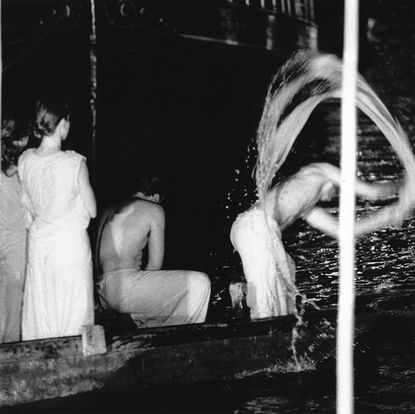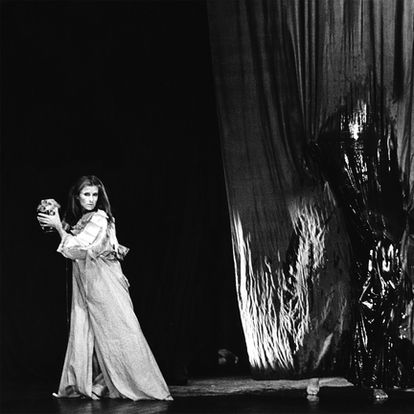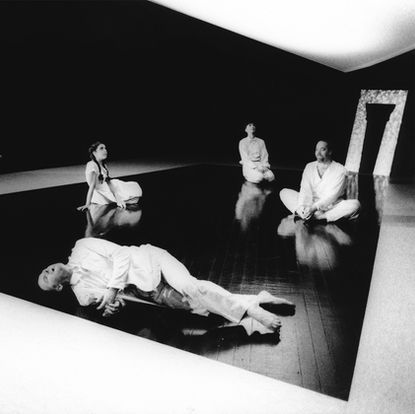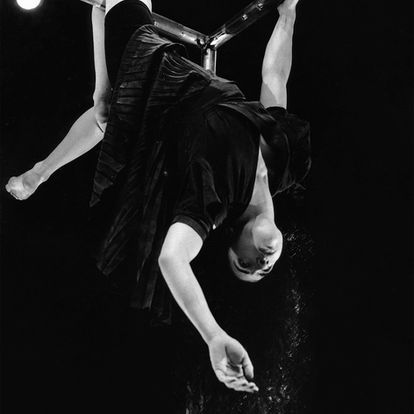Elisabeth Burke
Elisabeth’s fifty years of study, practice, teaching, and research in corporeal theatre have led her to ask questions about her artistic work that could not have been addressed when fully engaged in art making. Embodied Thinking critically explores some historical origins of physical theatre and appraises their socio-political implications for us today.
Elisabeth was an artistic director of Entr’acte Theatre in Sydney, Australia (1979-1999).
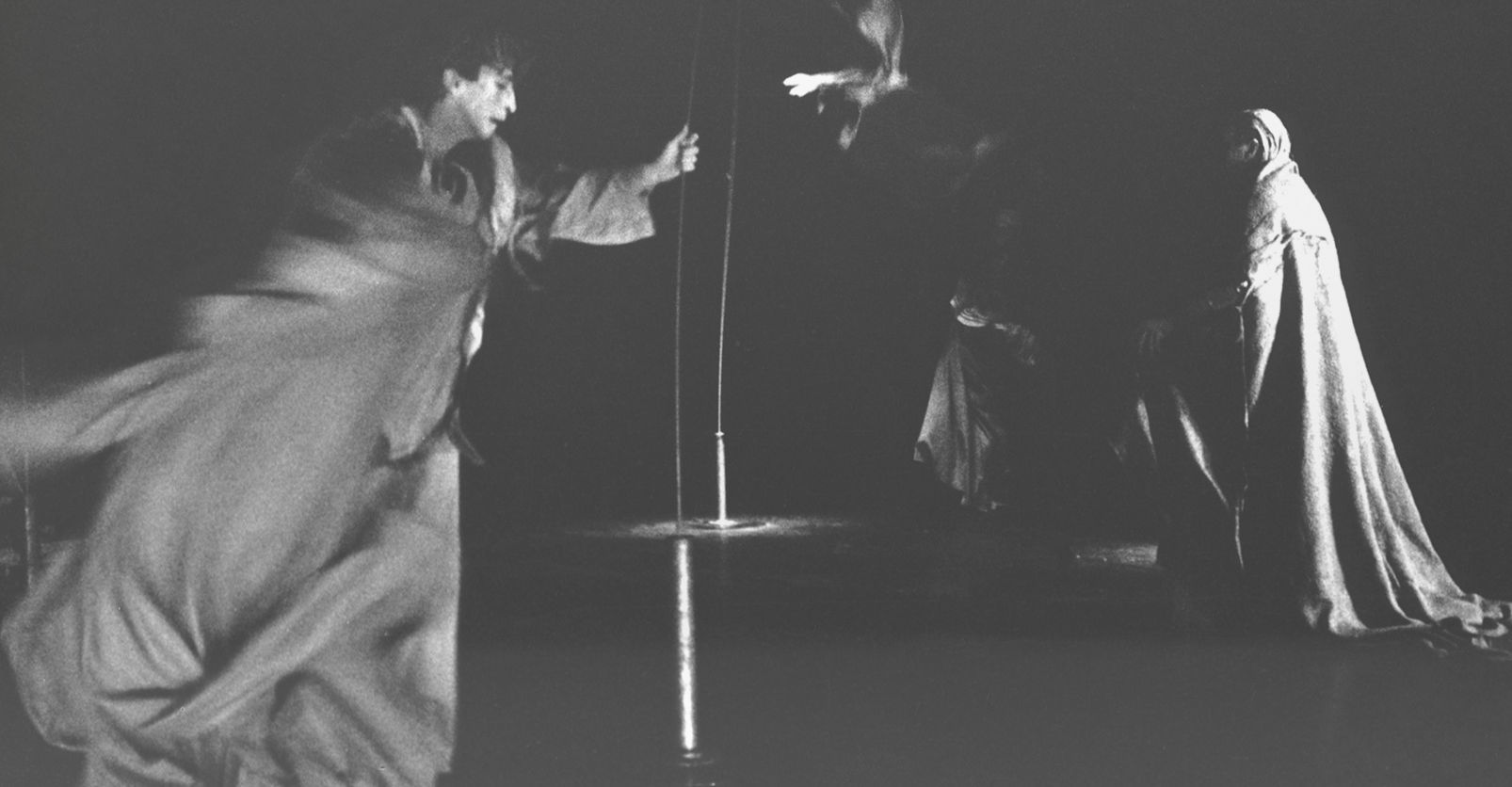
Embodied Thinking
Two cities: Paris and Sydney. One hundred years.
By 1923, the Parisian theatre school l’École du Vieux Colombier had gained a reputation for revolutionising actor formation. The actor’s body was becoming as important as their voice. Many questions energised the teachers and students: could the body alone be an articulate instrument on stage, and might it strengthen actor authorship? Alongside seminal ideas in their contemporary society, they researched theatre from other times and places – for example, Ancient Greece and Japanese Noh. Their purpose was to rethink the art and craft of acting for a new century. Much has changed in theatre. Today, many actors have strong physical stage training. Yet the actor’s status remains relatively subservient to that of the director and playwright.
A century later, in Sydney, the author ‘corresponds’ with three people whose lives had intersected at that school: teacher Lt. Georges Hébert (1875-1957), assistant principal and teacher Suzanne Bing (1885-1967), and student Etienne Decroux (1898-1991). These letters between Australia and France are ‘collected’ in Embodied Thinking, a work of historical non-fiction. The work is informed by authorial insight: the writer, Elisabeth Burke, studied for two years between 1975 and 1977 with Etienne Decroux, then nearly 80 years old. In 1979, Elisabeth and Pierre Thibaudeau founded Entr’acte Theatre in Sydney. Entr’acte’s core was corporeal theatre, an art form with roots in the Vieux Colombier school that was later clarified, refined and given form by Decroux. Beyond technique, this book explores ideas that energised Vieux Columbier and, perhaps in subtle ways, influenced their work in Australia in the 1980-90s.
Ideas sewn in the 1920s have a life that transcends their origin. The writer is Australian; the three ‘protagonists’ are French. A throughline of critical appraisal grows like a long crescendo. At its heart, the book explores cross-cultural links between two continents – how ideas ebb and flow, wither and again soar.
Pathways to dialogue
Elisabeth’s experience in creating and delivering roles on and for the stage is evident in Embodied Thinking’s innovative form. She dialogues with three French “protagonists” in varying ways to examine how history can still inform the present and ask what qualities, if any, are enduring or worthy.
